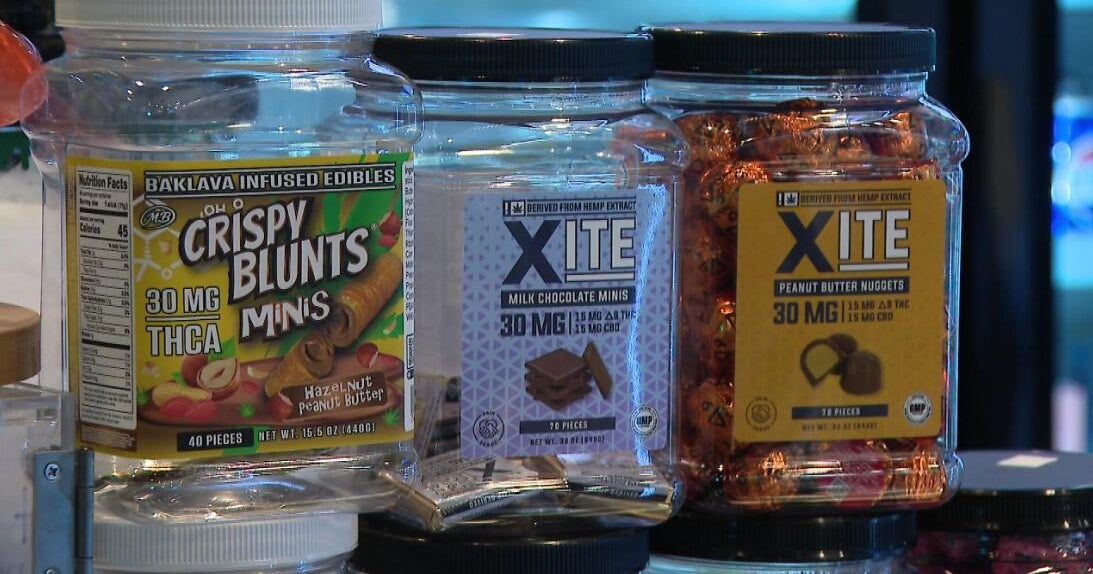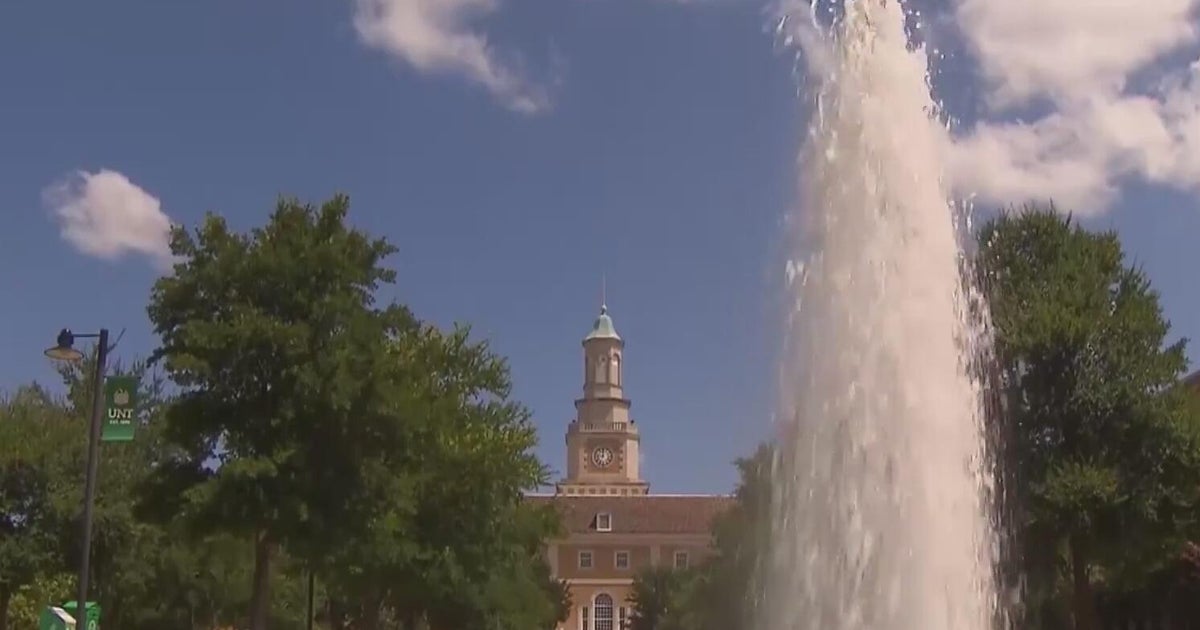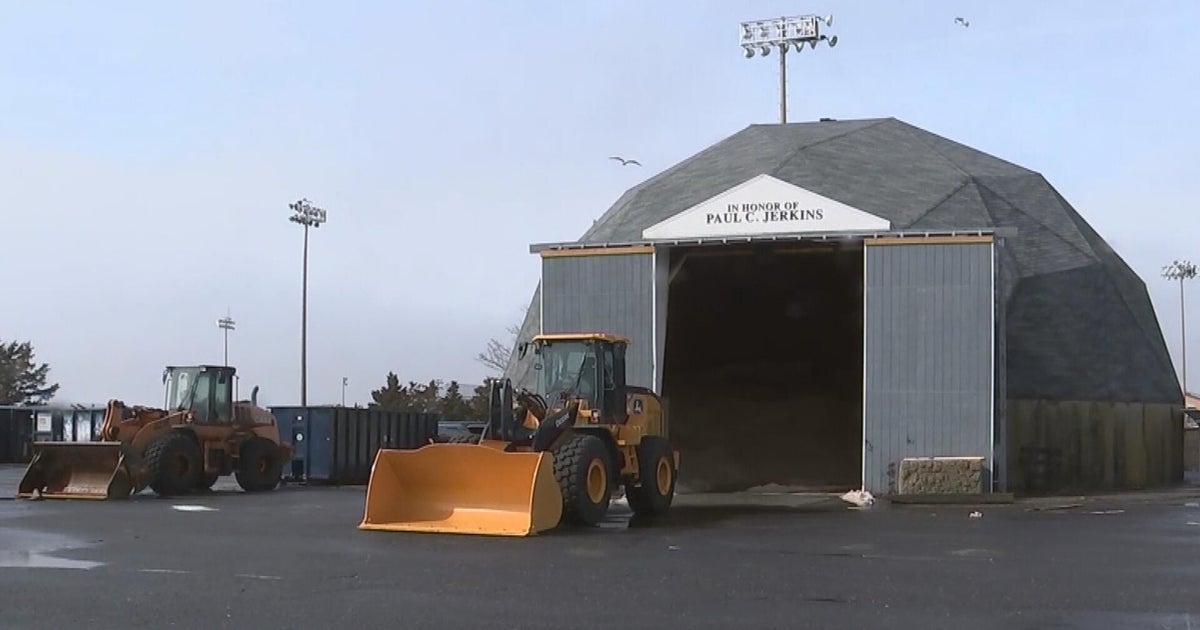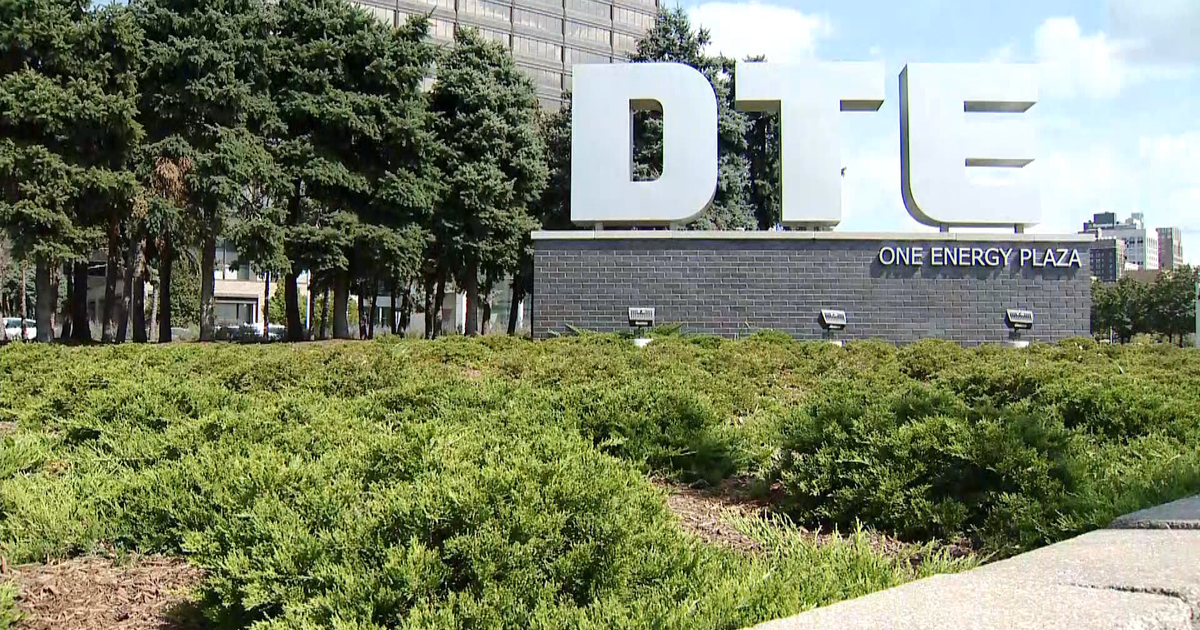Cullerton Warns Of "Dire Consequences" If House Doesn't Override Budget Veto
CHICAGO (CBS) -- Just hours before the Illinois House was set to vote on an effort to override Gov. Bruce Rauner's budget vetoes, Senate President John Cullerton was warning of "dire consequences" if the budget deal falls apart.
Rauner has vetoed the $36 billion spending plan approved by the House and Senate, along with the income tax hike most Democrats and some Republicans backed to fund it. The Senate already has voted to override the governor's vetoes, and the House was meeting Thursday afternoon to vote.
"I hope that the House will follow in the Senate's lead, and override the governor's veto of the bipartisan balanced budget. In order for that to happen, though, it's going to be necessary for Republicans to vote for the same bill that they voted for in the past," Cullerton said Thursday morning at the City Club of Chicago. "Obviously, I'm not in the House. I wish them well, but if they don't there will be, obviously, dire consequences."
When the House approved the budget plan, 15 Republicans defied Rauner and voted with 57 Democrats to pass the plan. That bipartisan coalition must hold together Thursday in order to override the governor's veto.
"We saved the state. That's what you get elected for, for Christ's sake. So who cares what the consequences are, politically?" Cullerton said.
Cullerton defended the budget deal, saying it is necessary to save the state's finances after more than two years without a budget. The impasse has left the state with $15 billion in unpaid bills, and the state's credit rating one step away from junk status.
"We have to stop the bleeding. This vote today would stop doing that," he said.
Even if lawmakers successfully override Rauner's budget vetoes, Mood's Investors Service has said the state could still face a credit downgrade. The bond rating agency has said it will spend the next 30 to 90 days reviewing the budget plan's effects on the state's finances, in particular the state's severely underfunded employee pension funds, and its massive backlog of unpaid bills.
House Democrats have said the budget would provide enough surplus revenue to support $3 billion in borrowing,and generate up to $8 billion in funds to begin paying off the backlog.
Cullerton acknowledged lawmakers would have to go back to the table to negotiate how to pay off the rest of the debt, either with more revenue or additional spending reductions, though he said he doesn't believe there is much more the state can afford to cut.
"This is a really Spartan budget. There's over $3 billion worth of cuts or savings in here, and so there's not a lot of – we don't think, practically speaking – a lot more that we could cut," he said.
The budget deal has an immediate effective date, so Cullerton said if the House overrides the governor's veto, the state would be able to restart road construction projects that have been halted without a budget, and resume selling Powerball and Mega Millions tickets again.







